Lucidea’s Lens: Knowledge Management Thought Leaders Part 79 – David Garvin

Stan Garfield

David Garvin was the C. Roland Christensen Professor of Business Administration at Harvard Business School, and a thought leader on organizational learning.
He believed that enduring success requires building a strong culture of learning in an organization, to counter the unpredictability brought about by shifts in customer preferences, market downturns, and technological advances.
He argued that at the heart of organizational learning lies a set of processes that can be designed and deployed, while providing detailed examples of organizations that have successfully used learning to pursue improvement and change. David’s research interests included business and management processes, the principles of organizational learning, the design and leadership of large organizations, graduate management education, and case method pedagogy.
Books
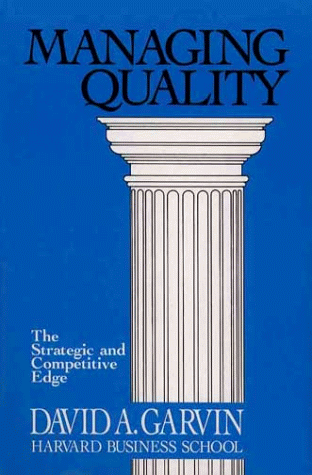
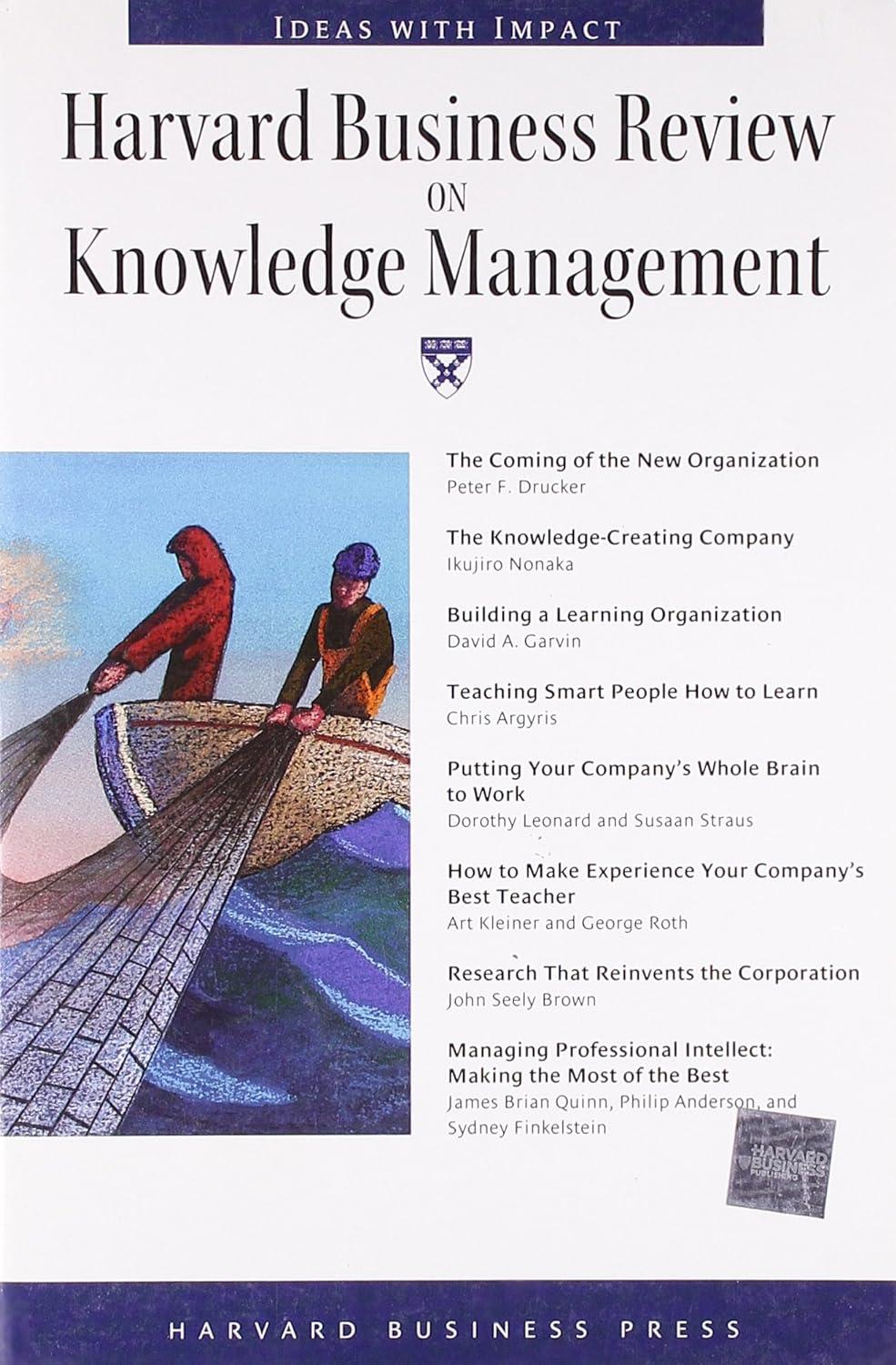
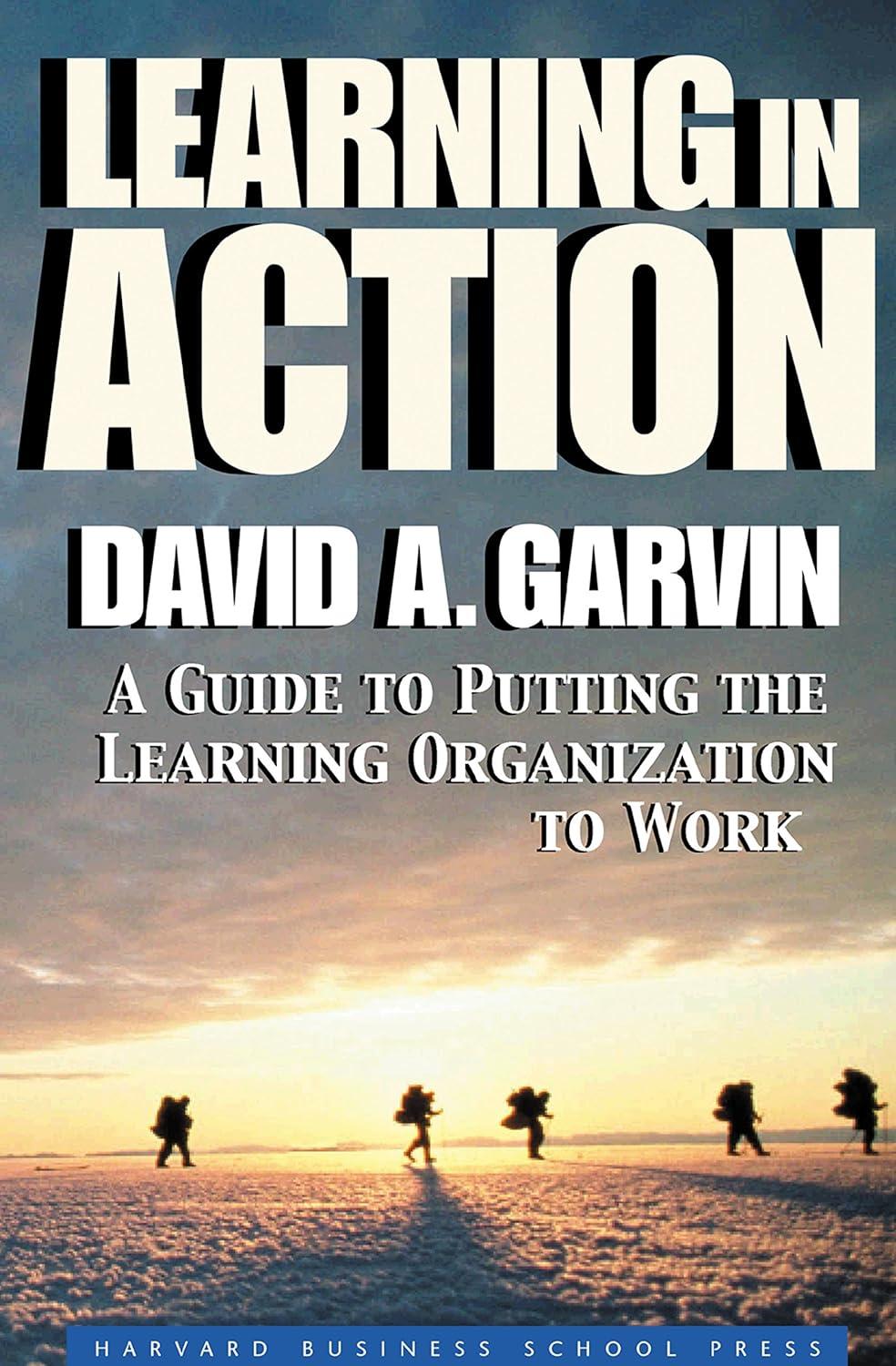
Learning in Action
From organizational to individual learning
Without individuals who learn, there can be no learning organizations — they are, of course, essential for success. For executives, the first step in building a learning organization is a personal one. They need to develop these four skills as learners:
1. Openness to new perspectives
Openness requires that leaders accept the provisional nature of knowledge. Even long-established truths must eventually be revised and replaced. To remain current, they must continuously seek out competing concepts and evidence, wrestle with surprising and unfamiliar ideas, and consider new and unpopular points of view.
2. Awareness of personal biases
A second requirement for effective learning is an awareness of one’s personal biases. These biases may appear as distinctive cognitive styles or as pervasive learning disabilities. The former are unique to individuals, while the latter are common to all.
3. Exposure to unfiltered data
Leaders need greater contact with raw, unfiltered data. Many executives are distressingly detached from the realities of their organizations. They need to tour factories, drop in on service centers, meet with disgruntled employees and talk with customers.
4. A sense of humility
Finally, if they are to progress as learners, leaders need to develop a sense of humility. They must recognize that they do not have all the answers. They must acknowledge that superior insights lie elsewhere — outside their offices, and at times outside their organizations. Learning, after all, is a profession of faith in the future, an admission that progress is possible.
Change Through Persuasion
The Four Phases of a Persuasion Campaign
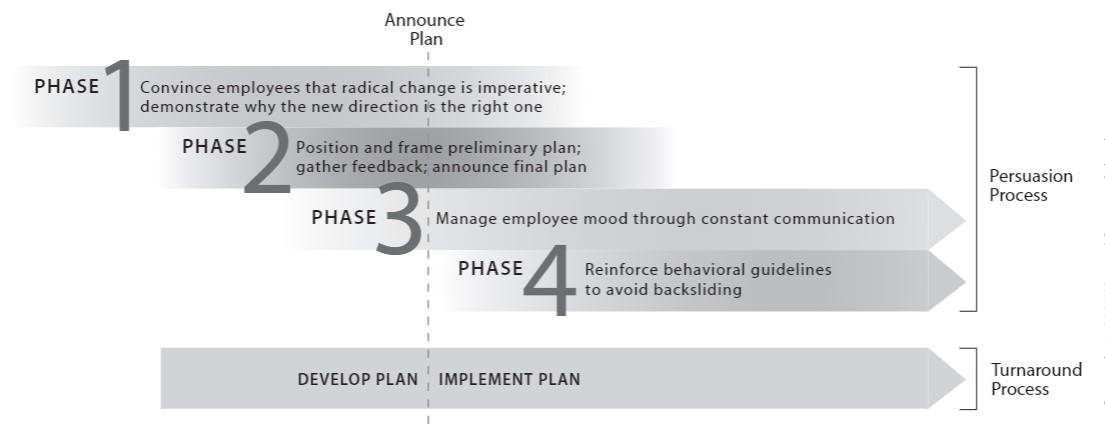
Dysfunctional Routines: Six Ways to Stop Change in Its Tracks
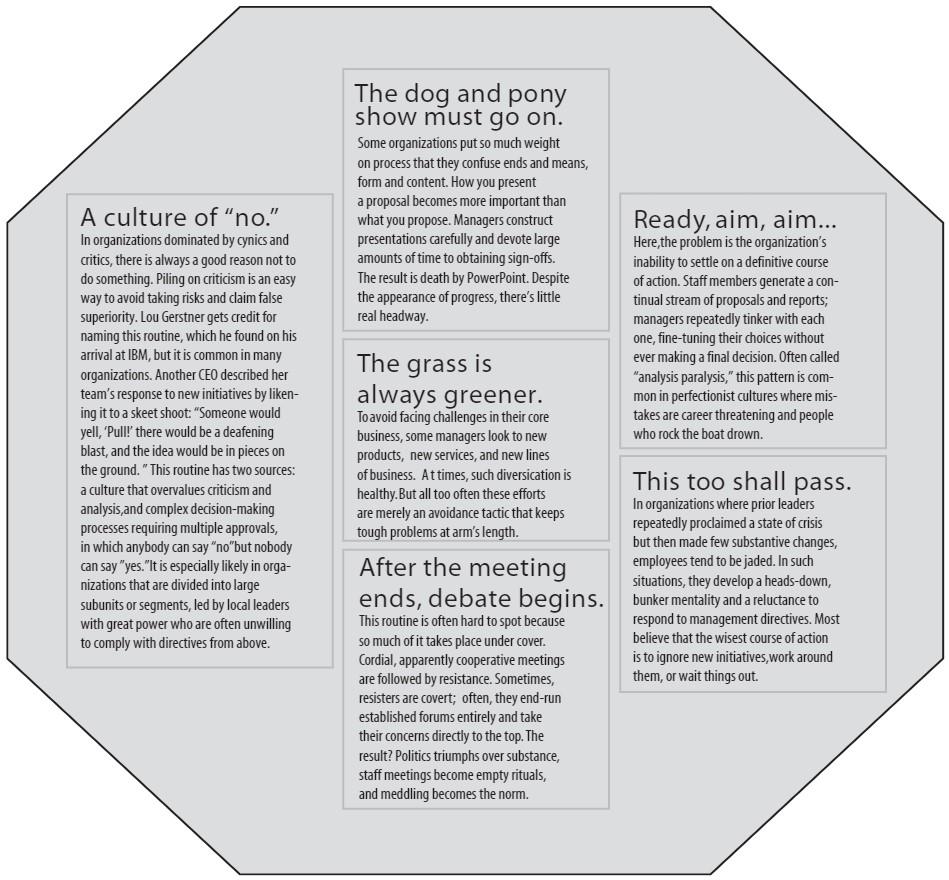
What You Don’t Know About Making Decisions
Two Approaches to Decision Making
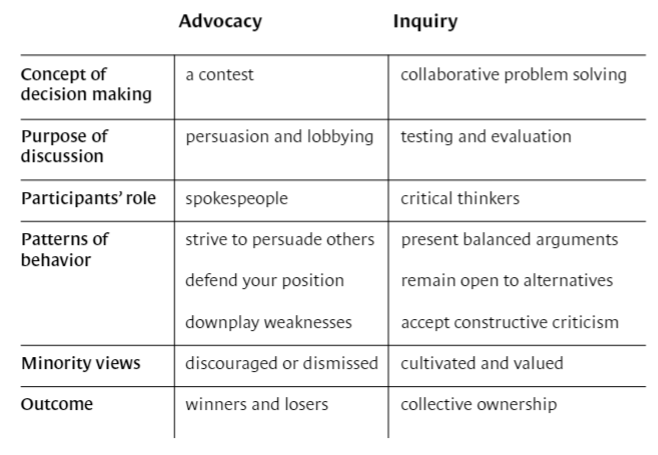
Structuring the Debate
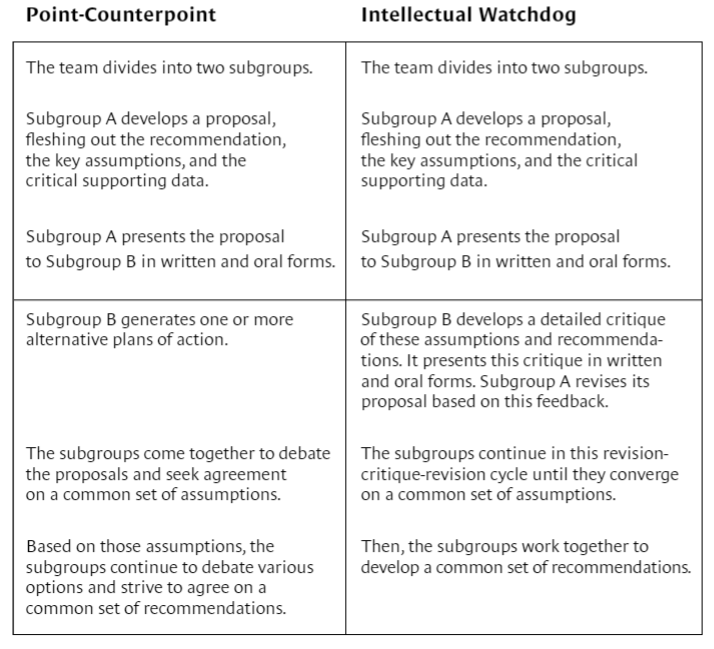

Stan Garfield
Please enjoy Stan’s blog posts offering advice and insights drawn from many years as a KM practitioner. You may also want to download a free copy of his book, Lucidea’s Lens: Special Librarians & Information Specialists; The Five Cs of KM from Lucidea Press, and its precursor, Proven Practices for Promoting a Knowledge Management Program. Learn about Lucidea’s Presto, SydneyEnterprise, and GeniePlus software with unrivaled KM capabilities that enable successful knowledge curation and sharing.
**Disclaimer: Any in-line promotional text does not imply Lucidea product endorsement by the author of this post.
Never miss another post. Subscribe today!
Similar Posts
Lucidea’s Lens: Knowledge Management Thought Leaders
Part 108 – George Siemens
In this edition of Lucidea’s Lens Stan Garfield profiles George Siemens—pioneering voice in connectivism and a driving force behind MOOCs and learning analytics—whose work continues to reshape how we understand learning knowledge creation and the role of technology in education and professional development.
Lucidea’s Lens: Knowledge Management Thought Leaders
Part 107 – Arthur Shelley
Explore Arthur Shelley’s insights on leadership co-creation and knowledge strategy through curated works that showcase his expertise in collaboration and innovation.
Lucidea’s Lens: Knowledge Management Thought Leaders Part 106 – Hubert Saint-Onge
As the creator of the Knowledge Assets Framework Hubert has shaped how businesses integrate strategy leadership and knowledge sharing to drive performance.
Lucidea’s Lens: Knowledge Management Thought Leaders
Part 105 – James Robertson
James Robertson is a pioneer in intranet strategy and digital workplace design helping organizations create seamless employee experiences. As the Founder of Step Two and a respected industry voice he has shaped best practices in content management portals and digital experience design.







Leave a Comment
Comments are reviewed and must adhere to our comments policy.
0 Comments